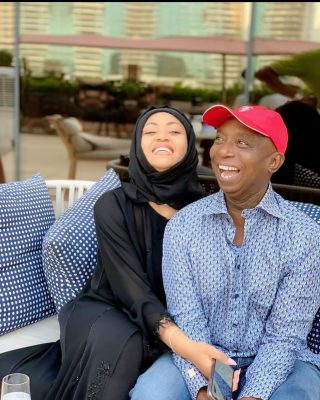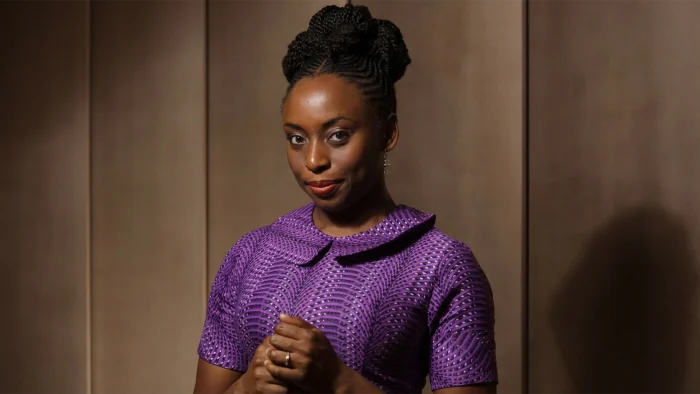Dating with HIV is challenging, but love finds a way. For many, the journey of love and relationships is filled with unique challenges and triumphs. Dive into the stories of those overcoming stigma and navigating dating and intimacy while living with HIV, and discover how understanding, openness, and resilience pave the way for meaningful connections.
Thirty-one years ago, Tunji’s life changed when he was diagnosed with human immunodeficiency virus (HIV). When he told his wife, she left with their children. “The poor woman probably thought death was already knocking at the door,” he tells Guardian Life.
Alone and without counselling, Tunji braced himself for a grim future. “I was waiting to be buried, but death didn’t come,” he says.

Now 66, he finds strength in his grown children and mentors others living with HIV. “HIV knows no boundaries,” he says.
For Ayo, life took an unexpected turn in 2010. Two pieces of news came in quick succession: she was pregnant and HIV-positive. What should have been a time of joy was instead consumed by fear and stigma. “I was overwhelmed with confusion,” she recalls softly. “All I knew about HIV were terrifying myths.” The weight of potential rejection pressed down on her.
Yet, amidst her darkest moments, she found strength in her partner, Ade. “The greatest support I’ve had these past ten years is from him,” she says, her voice filled with gratitude.
Still, the stigma surrounding HIV remains an uphill battle for many. For many living with the disease, finding love is more difficult than looking for a needle in a haystack
Amaka, diagnosed four years ago, understands this all too well.
READ ALSO: Deputy Governor restates commitment to fight against HIV
“Dating is complicated,” she admits. “The fear of rejection never really leaves you.” But in vulnerability, she has found courage. When she finally told Chidi, a man she had been seeing for a while, she braced for rejection. Instead, his words brought an unexpected light. “He said to me, ‘Thank you for trusting me. This doesn’t change how I feel about you,’” Amaka says. She felt a weight lift—a rare glimpse of love unfiltered.

Beyond the HIV diagnosis
Over four decades since HIV first emerged, the virus continues to influence not just global health conversations but also deeply personal ones about love, relationships, and intimacy.
While scientific advancements like antiretroviral therapy (ART) have transformed HIV from a life-threatening diagnosis to a manageable condition, the emotional challenges for those navigating love with HIV remain complex.
This year’s World AIDS Day, themed “Collective Action: Sustain and Accelerate HIV Progress,” goes beyond the statistics and breakthroughs to shine a light on human connections. It’s a day to reflect not just on lives lost and milestones achieved but on how people living with HIV are forging meaningful relationships in the face of stigma and societal barriers.
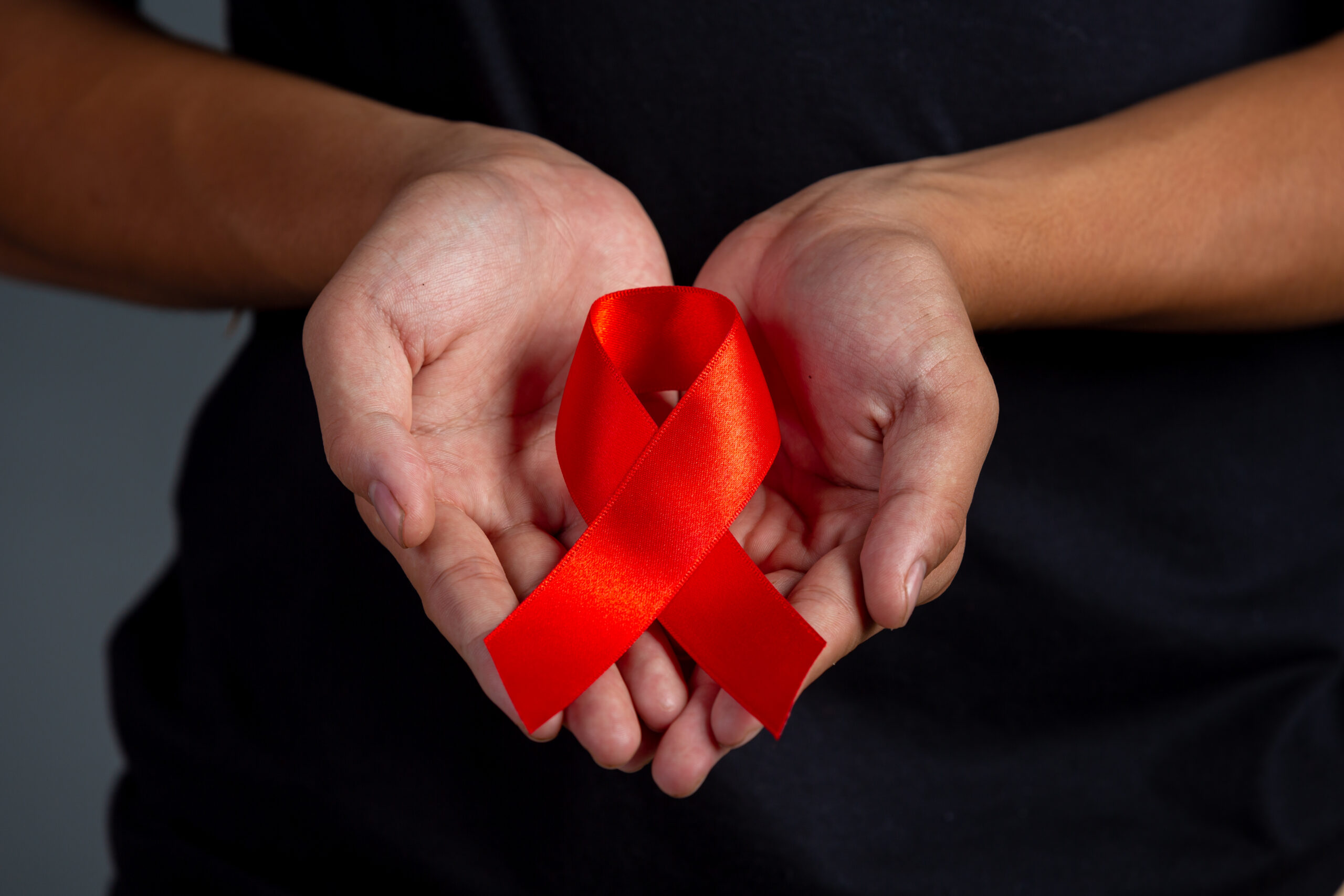
“It is possible for one partner to be HIV-positive while the other is not,” explains Dr Oluyemisi Akinwande, an HIV specialist with the World Health Organisation. For such couples where one partner is HIV-positive and the other isn’t—known as serodiscordant couples—love requires trust, understanding, and open communication.
With the help of tools like Pre-Exposure Prophylaxis (PrEP) and Post-Exposure Prophylaxis (PEP), these couples can maintain intimacy while protecting each other from the virus.
In Nigeria, where approximately two million people live with HIV, the resilience of those affected demonstrates the human spirit. “About 1.6 million of them are currently on treatment,” says Dr Temitope Ilori, Director-General of the National Agency for the Control of AIDS.
While ART has been revolutionary, challenges such as preventing mother-to-child transmission and supporting children with HIV remain pressing issues.
Understanding the barriers
Many HIV-positive persons say they are spurned, even derided, if they express their desire to date. The derision and stigmatisation they face are often hinged on the assumption that they contracted the disease through sexual promiscuity. “HIV-positive persons are denied intimacy at a time when this is most needed.
Little is known about the full range of sexual adaptations that HIV-infected individuals choose,” say Delarise Mulqueeny and Madhu Kasiram in their 2014 study.
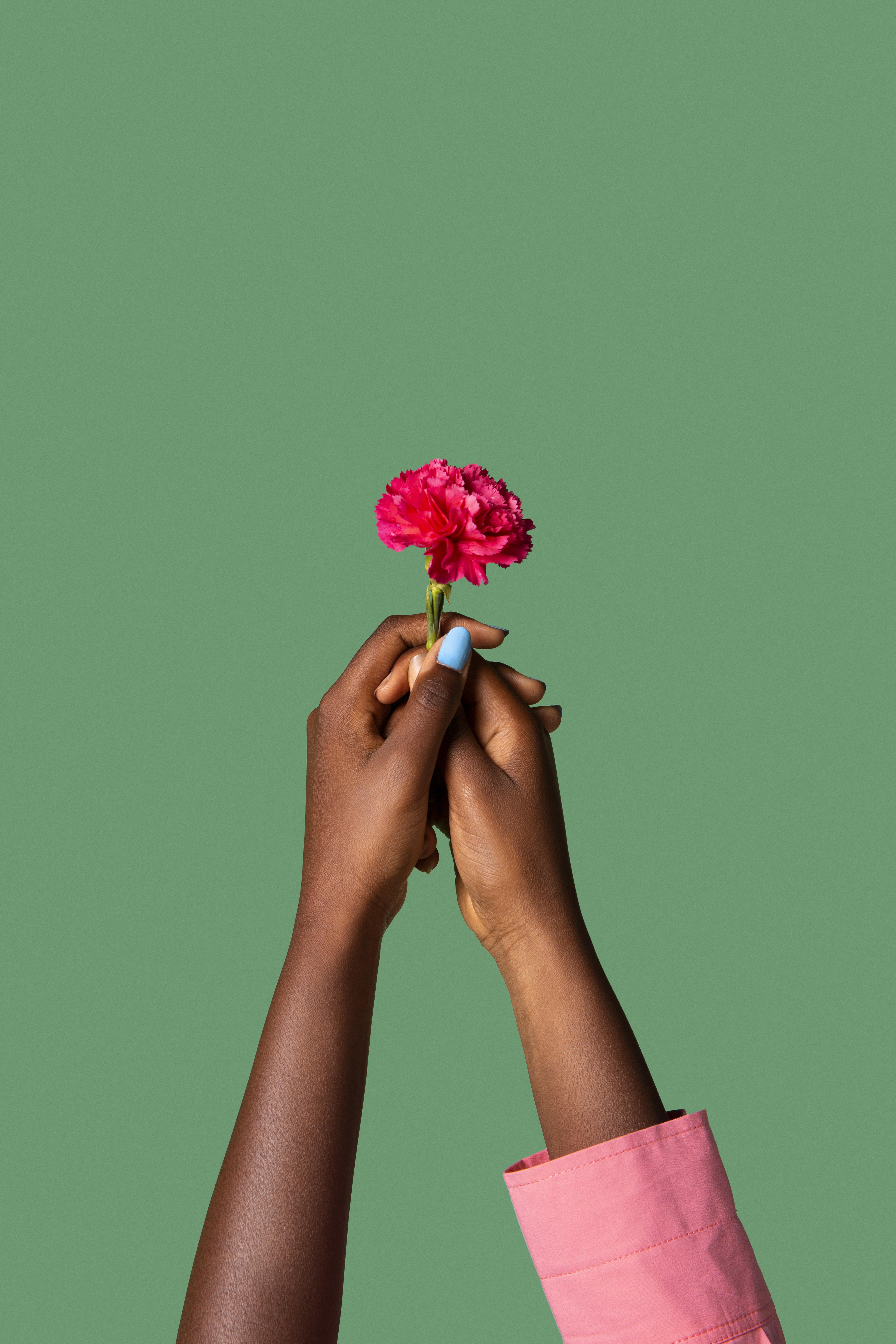
In some instances, to cope with transmission anxiety, some HIV-positive persons managed their relationships by abstaining from sexual activity, selecting partners who were also HIV-positive, or consistently requiring the use of condoms.
READ ALSO: Institute moves to develop HIV vaccine
A 2015 study suggests that men living with HIV may be more fortunate with dating, having an active sexual life and marrying than women. “In fact, for some of the men, engaging in these social and life-changing events is part of moving on and normalising life with HIV; these men planned for, achieved, and interpreted these events in the context of establishing normalcy with HIV,” says the study published in the American Journal of Men’s Health.
“Although the HIV diagnosis discouraged some men from engaging in sexual relations, getting married, or having children, others fulfilled these desires with strategies aimed at reconciling their HIV status in their personal life, including dating or marrying HIV-positive women only.”
Building support
Creating a supportive network is essential for individuals living with HIV. The power of community lies in fostering relationships with those who truly understand the challenges and triumphs of the journey. Support groups, whether in-person or online, provide a safe space to share experiences, seek advice, and find encouragement from others who face similar situations.
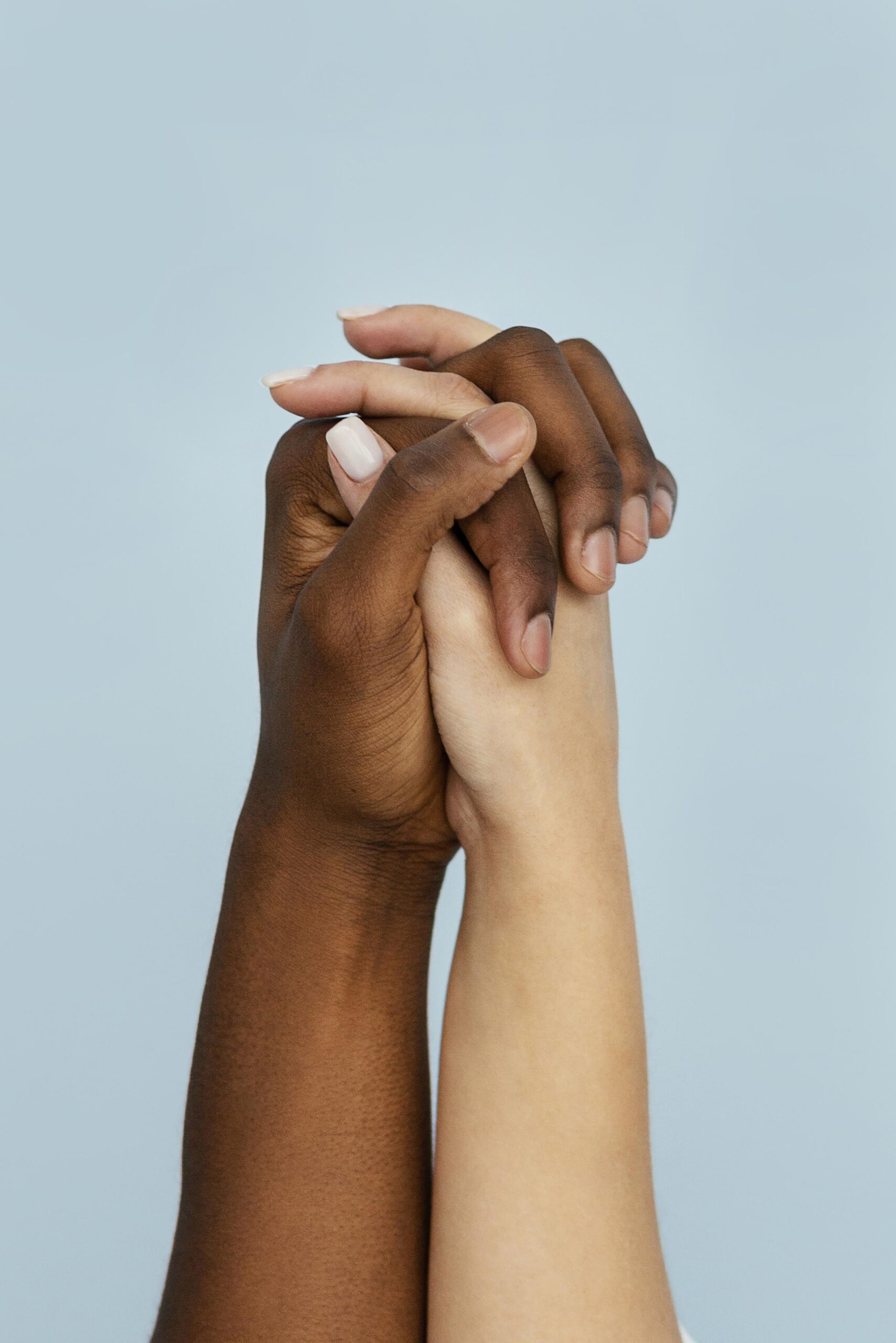
Trusted allies—such as friends, family, and healthcare providers—play a vital role in offering emotional and practical support. These connections help reduce feelings of isolation and create a sense of belonging. People diagnosed with HIV can build a community where strength is shared. As members inspire and uplift one another, there is a boost in their confidence and mental well-being.
Navigating relationships with openness
Chukwudi shares that his wife chose to marry him despite knowing his HIV status. “I am HIV positive, while my wife is HIV negative,” he says.
This shows a different side to the reality one might expect when dating with a heavily stigmatised terminal disease.
HIV is not a total barrier to finding true love. The WHO estimates that globally as many as half of all HIV-positive people in long-term relationships have HIV-negative partners. Yet, it is estimated that half of people living with HIV are unaware of their status.
To address this, WHO recommends that couples regularly undergo HIV testing and receive counselling together. Receiving voluntary HIV testing and counselling as a couple means that both partners get tested together, receive their results, and share their status with the support of a counsellor.
However, the fear of rejection or stigma often prevents individuals from disclosing their HIV status to their partners. This lack of openness can heighten the risk of transmission and create barriers to trust and understanding. Openness and honesty are essential in reducing new infections and ensuring a safe and healthy relationship.
READ ALSO: Africa accounts for 65% of global HIV burden
Disclosing one’s HIV status is a personal decision—but is highly crucial. Experts recommend that such conversations must occur before becoming intimate. Honestly is key, and it is about respecting your partner’s right to make an informed decision.
Timing is important, and it’s best to approach the conversation in a calm, supportive setting where both partners can speak openly and honestly. While the discussion might be difficult or uncomfortable, it is a necessary step in building a relationship based on mutual respect and care. Being transparent not only helps prevent transmission but also strengthens the bond of trust between you and your partner.
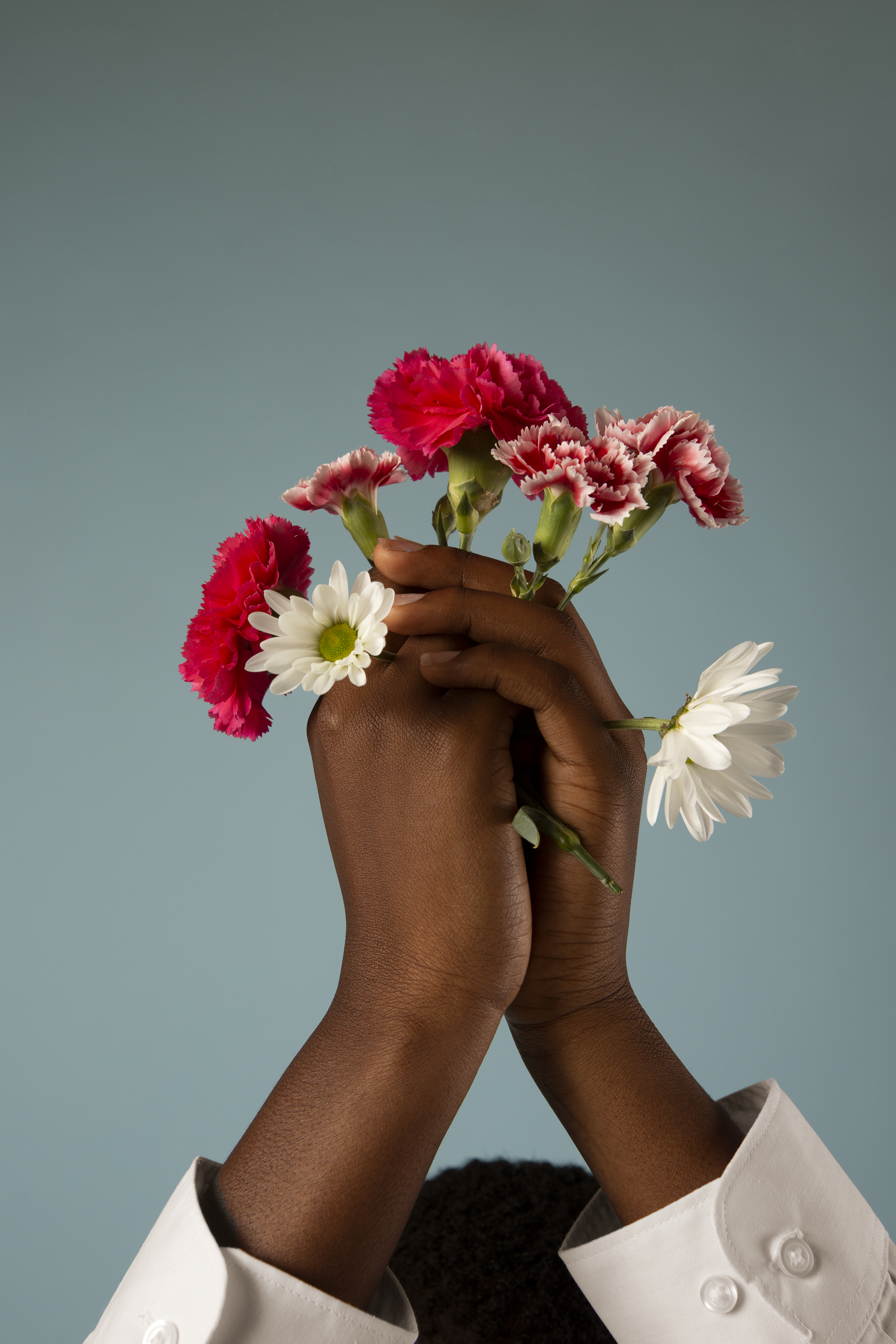
As we commemorate World AIDS Day, let’s commit to enlightening ourselves and those around us, erasing the stigma, and opening our hearts to understanding. HIV is not a death sentence—it’s a call to live life more fully and intentionally, with compassion and courage.
All names used in this piece have been changed to protect their identities.




